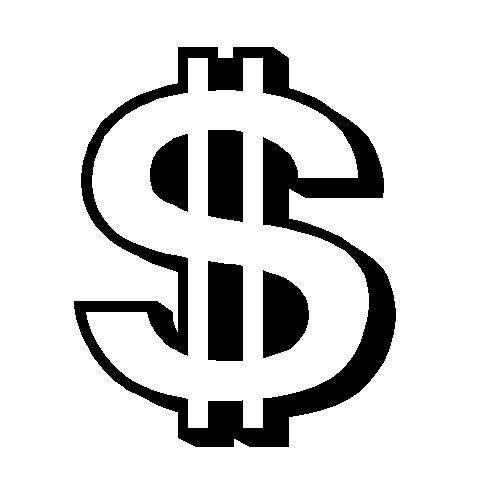
In Literature’s Debt
Tax season: those febrile weeks of running numbers, grimacing at bills, and otherwise financially ’fessing up. In a slightly masochistic haze, I’m looking for literature that’s shaped by finances: corrosive debt, fortune hunting, maybe even a windfall.
In this IRS-sensitive state, money seeps up between the lines of all sorts of books, from the Wizard of Oz to Gatsby, the Victorian Cranford stories to Patti Smith’s memoir Just Kids. (Smith’s careful budgeting to afford Robert Mapplethorpe’s chocolate milk is an uncanny echo of Cranford’s pinch-penny “elegant economy.”)
I could just bellyflop into the most fitting April novel: David Foster Wallace’s The Pale King, with its IRS “wigglers” sorting endlessly through tax returns. But paperback notwithstanding, I can’t quite muster the troops. Still too close to the eyeball-crossing paperwork for it. (Although I do find myself fantasizing about hacking in juicy revisions to the IRS’s “real life” scenarios.)
The western classics shelves, meanwhile, overflow with finance-fraught novels.
- Charles Dickens’ doorstops, especially David Copperfield, Little Dorrit, and Bleak House, with their debtors’ prisons and inheritance battles.
- Anthony Trollope’s The Way We Live Now, rich in Ponzi schemes and scandals.
- George Eliot’s Middlemarch, which keeps its characters’ financial and emotional accounts all in one ledger. (Edd, maybe you could revisit from an economist’s point of view?)
- Edith Wharton’s The House of Mirth, warning us all to live within our means.
- Gustave Flaubert’s Madame Bovary, who swims with loan sharks.
- William Makepeace Thackeray’s Vanity Fair and its voracious fortune-hunter Becky Sharp.
____________________________
There are heaps of such social-problem novels—but the contemporary pickings seem slim. A recent Financial Times column posited that fiction writers now avoid the financial world because it’s too complex and changeable to make good material. A real estate bubble or bank bailout equals instant obsolescence. Alternately, authors risk the Henry James syndrome, “leaving out bits of worldliness that they should put in.”
A novel or story doesn’t have to wade into the banking sector, though, to be deeply marked by financial concerns. The perennial questions and quandaries are material enough: credit, speculation, gains, and losses. Surely there’s a Madoff-inspired novel, a Gatsby of subprime mortgages, or just the ordinary erosions of credit card debt, that would have staying power.
Before I indulge in another tax season browsing practice (staring at my bookshelves and wondering about creative write-offs), I’d like to hear about your favorite novels with a finance thread. And do you know of any up-and-coming fiction authors currently wrestling with fiscal issues?














